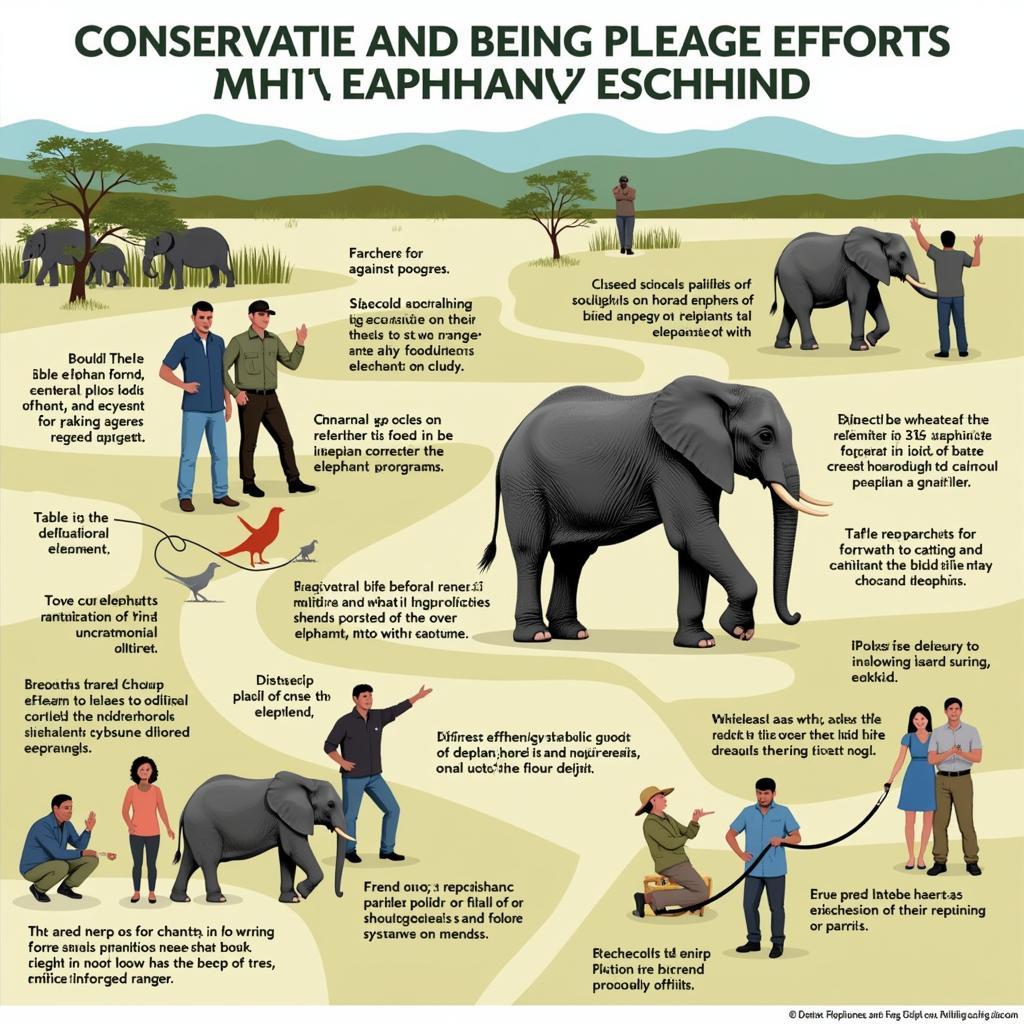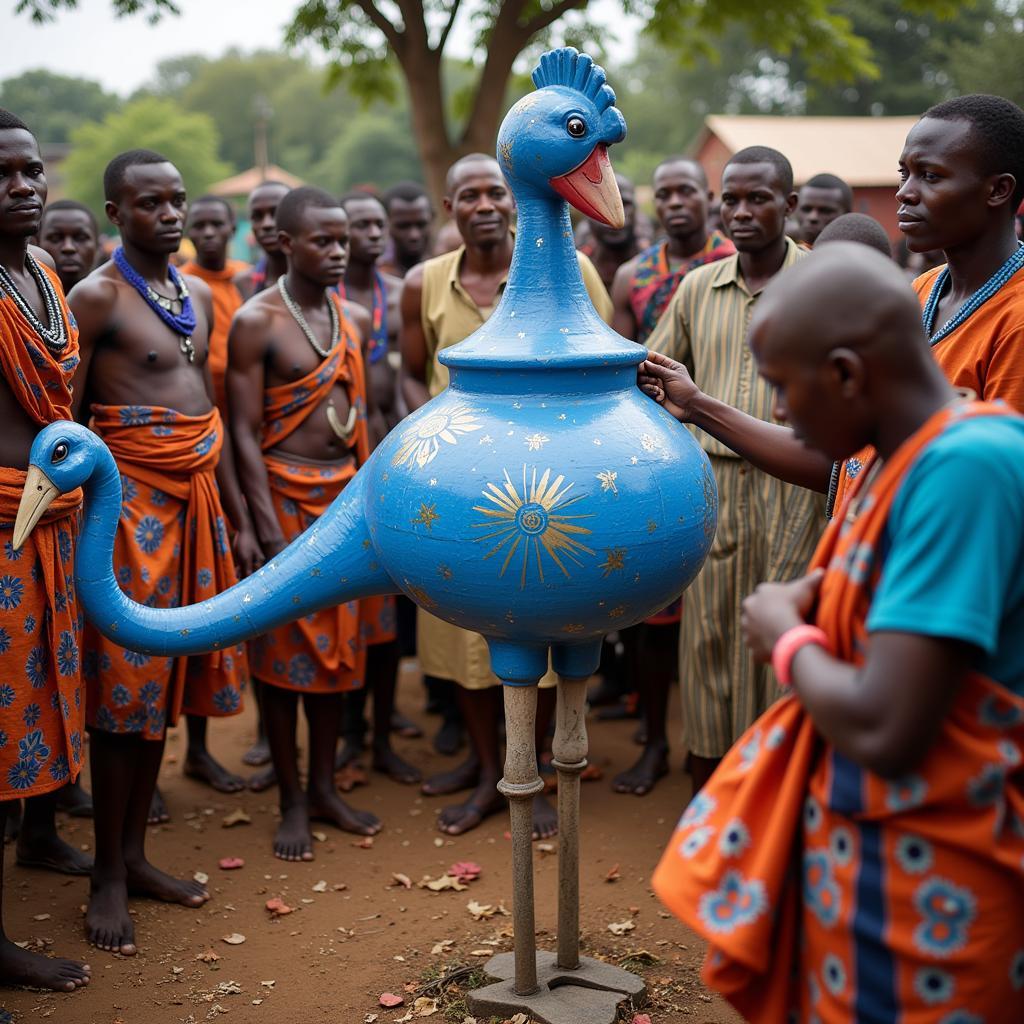Exploring the African Credo: Values, Beliefs, and Principles
The African Credo encompasses a rich tapestry of values, beliefs, and principles that have shaped the continent’s diverse cultures for centuries. From the Ubuntu philosophy of interconnectedness to the reverence for ancestors and the deep connection with nature, the African credo provides a framework for understanding the complexities of life and living in harmony with oneself and the community. This exploration delves into the core tenets of this credo, shedding light on its historical roots, contemporary manifestations, and enduring relevance in a rapidly changing world.
Understanding the Core Principles of the African Credo
The African credo is not a monolithic entity, but rather a collection of shared values and beliefs that vary across different regions, ethnic groups, and communities. However, some core principles consistently emerge, reflecting a common thread of humanity and shared experience. These principles include:
-
Ubuntu: Often translated as “I am because we are,” Ubuntu emphasizes the interconnectedness of all beings. It underscores the importance of community, compassion, and mutual respect. Ubuntu encourages individuals to recognize their shared humanity and to act in ways that benefit the collective good.
-
Reverence for Ancestors: Ancestor veneration is a widespread practice across Africa. Ancestors are believed to play a vital role in the lives of the living, offering guidance, protection, and wisdom. This reverence for ancestors reflects a deep respect for tradition, heritage, and the continuity of life.
-
Connection with Nature: African cultures maintain a strong connection with the natural world. Land, water, and other natural elements are often considered sacred and are treated with respect. This connection to nature is reflected in various cultural practices, from traditional healing methods to agricultural rituals.
-
Oral Tradition: Storytelling, proverbs, and other forms of oral tradition play a crucial role in transmitting knowledge, values, and history across generations. These oral traditions serve as a powerful means of preserving cultural heritage and shaping social norms.
The African Credo in Contemporary Society
Despite the challenges of modernization and globalization, the African credo continues to hold significant relevance in contemporary African societies. Its principles influence various aspects of life, from social interactions to political discourse.
-
Community Development: The spirit of Ubuntu is often invoked in community development initiatives, emphasizing collaborative efforts and collective responsibility for progress.
-
Conflict Resolution: Traditional methods of conflict resolution, rooted in the principles of dialogue, reconciliation, and restorative justice, continue to be employed in many communities.
-
Environmental Conservation: The deep-seated connection with nature is driving efforts to promote environmental conservation and sustainable development practices across the continent.
What is the Significance of the African Credo?
The African credo offers a unique perspective on how to live a meaningful life. Its emphasis on community, interconnectedness, and respect for nature provides a counterpoint to the individualism and materialism often prevalent in other parts of the world. By understanding the African credo, we can gain valuable insights into the diverse cultures of Africa and learn from their wisdom.
How does the African Credo influence daily life?
The African Credo influences daily life by shaping social interactions, decision-making, and the overall worldview of individuals and communities. It promotes values such as respect for elders, community cooperation, and a harmonious relationship with nature.
The African Credo: A Source of Inspiration for the World
The African credo has the potential to inspire and inform a global audience. Its timeless values and principles offer valuable lessons for building a more just, compassionate, and sustainable world.
-
Promoting Intercultural Understanding: The African credo can foster greater understanding and appreciation of diverse cultures and perspectives.
-
Addressing Global Challenges: Its emphasis on interconnectedness and collective responsibility can provide insights into addressing global challenges such as climate change and social inequality.
Conclusion
The African credo represents a profound and enduring set of values that have shaped the lives and cultures of millions across the continent. By understanding and embracing its core principles, we can gain a deeper appreciation for the richness and diversity of African Life, and perhaps even find inspiration for creating a better future for all. The African credo, with its emphasis on interconnectedness and shared humanity, offers a powerful message of hope and resilience in a world facing complex challenges.
FAQ
- What is the meaning of Ubuntu? Ubuntu is a Nguni Bantu term meaning “humanity.” It is often translated as “I am because we are,” emphasizing the interconnectedness of all beings.
- How is the African credo relevant today? The African credo remains relevant today by providing a framework for ethical living, community development, and conflict resolution.
- What can we learn from the African credo? The African credo teaches us the importance of community, respect for elders, and a harmonious relationship with nature.
- How does the African credo contribute to global understanding? The African credo promotes intercultural understanding by highlighting the shared values and beliefs that connect us all.
- What are some examples of the African credo in practice? Examples of the African credo in practice include community-based initiatives, traditional healing practices, and environmental conservation efforts.
- How does the African Credo differ across regions? While core principles remain consistent, specific expressions of the African Credo vary across regions, reflecting the unique cultural traditions and historical experiences of different communities.
- What is the role of storytelling in the African Credo? Storytelling serves as a vital tool for transmitting cultural values, historical narratives, and moral lessons within communities, preserving and reinforcing the principles of the African Credo across generations.
Need Help?
When you need support, please contact us:
Phone Number: +255768904061
Email: kaka.mag@gmail.com
Address: Mbarali DC Mawindi, Kangaga, Tanzania
We have a 24/7 customer service team.
Other articles you might be interested in:
- The History of Ubuntu Philosophy
- Traditional African Music and Dance
- Exploring African Cuisine
If you have any other questions, please don’t hesitate to reach out!


